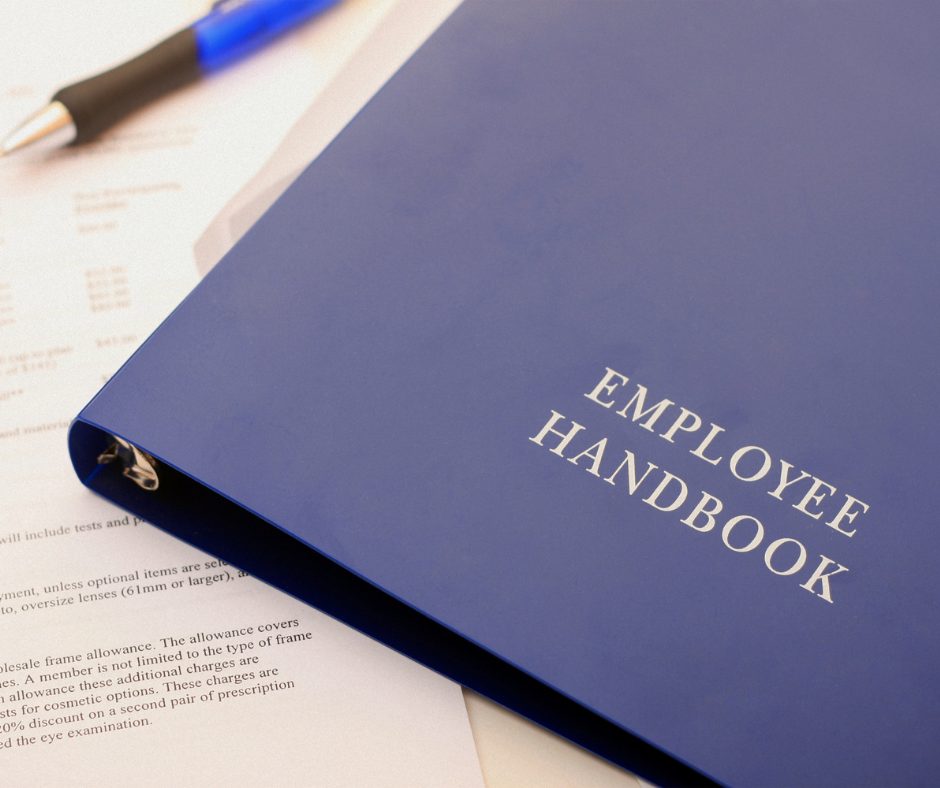5 Employment Laws Every Small Business Should Know: A Beginner’s Guide
As a small business owner, navigating employment laws can be overwhelming. Failing to comply can lead to fines, lawsuits, and reputational damage. Here’s a simple guide to help you understand the top labor laws you need to know in 2024.
1. Fair Labor Standards Act (FLSA)
The FLSA sets minimum wage, overtime pay, and child labor standards. In 2024, the overtime salary threshold has increased. Employees earning less than $43,888 annually (as of July 2024) must receive overtime pay, rising to $58,656 by January 2025. Misclassifying employees as exempt can lead to significant penalties(FLSA).
Actionable Tip: Regularly audit employee classifications to comply with new overtime thresholds.
2. Independent Contractor vs. Employee Classification
Classifying workers correctly is essential under the 2024 FLSA guidelines. The Economic Reality Test helps determine if a worker is an employee or an independent contractor, focusing on control, investment, permanence, and ability to make profits. Misclassification can lead to back taxes and penalties(DOL).
Actionable Tip: Review worker classifications using the key factors to avoid costly misclassification penalties.
3. Equal Pay Laws
The Equal Pay Act of 1963 mandates equal pay for equal work, regardless of gender. Regular pay equity audits can help identify and correct gender or racial wage gaps, ensuring your business follows federal guidelines and fosters an inclusive workplace. Failure to comply can result in back pay, legal fees, and potential penalties(EEOC).
Actionable Tip: Conduct regular pay audits to identify and fix wage disparities and comply with federal equal pay standards.
4. Anti-Discrimination Laws
Title VII of the Civil Rights Act and the ADA prohibit discrimination based on race, color, religion, sex, disability, and more. Ensuring fairness in hiring, promotions, and terminations helps prevent costly discrimination claims(Title VII).
Actionable Tip: Establish an anti-discrimination policy and provide training to employees and managers.
5. Employee Handbook and Job Descriptions
A clear employee handbook is crucial, even for small businesses. It should cover essential policies like harassment, leave, and compensation. Job descriptions also set clear expectations, reducing misunderstandings and legal disputes.
Actionable Tip: Develop or update your employee handbook and ensure clear and legally sound job descriptions.
How Flex Force HR Can Help
At Flex Force HR, we help small businesses stay compliant with HR laws and regulations. Let us handle your HR needs so you can focus on growing your business.



